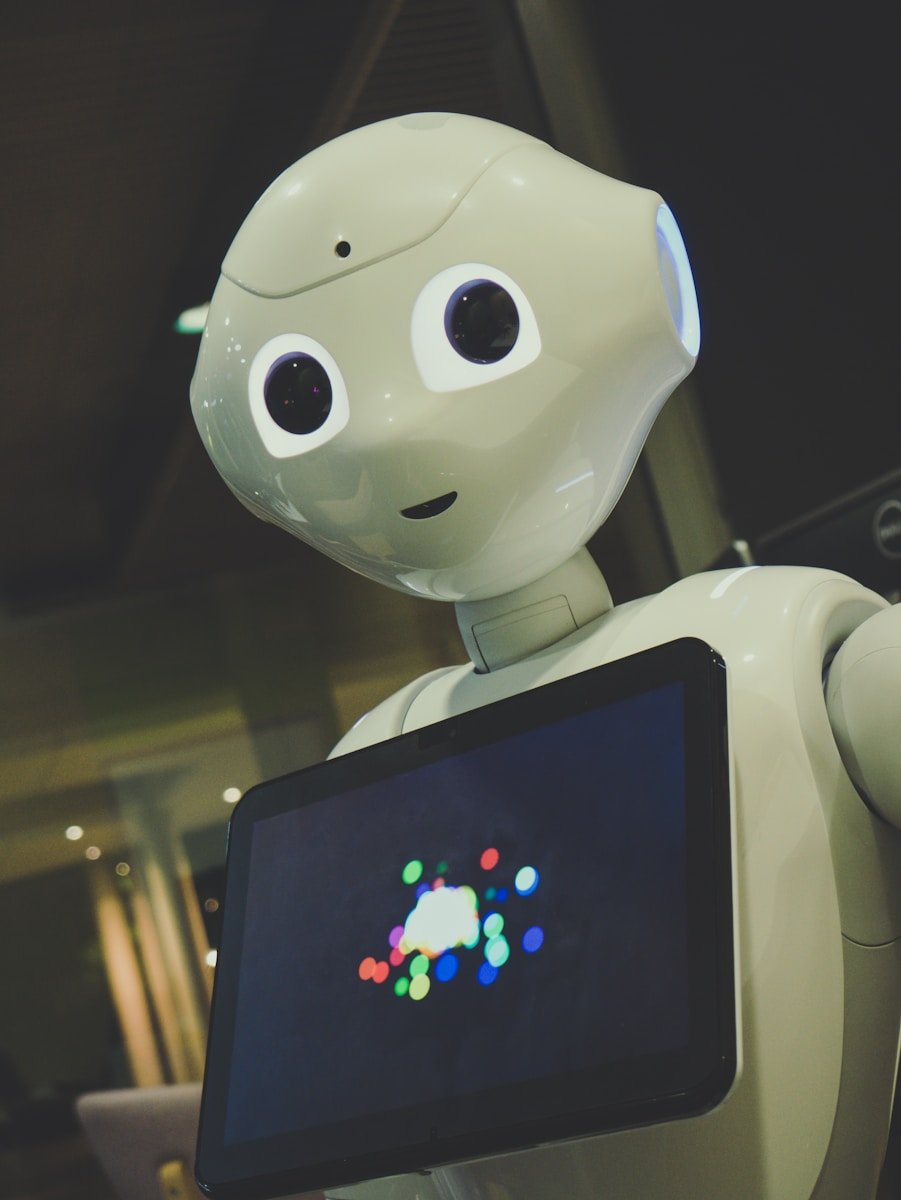
Artificial Intelligence (AI) has revolutionized various industries, and digital marketing is no exception. With its ability to analyze vast amounts of data, automate processes, and provide personalized experiences, AI has transformed the way businesses approach marketing strategies. In this blog post, we will explore the significant impact of AI on digital marketing and how it is shaping the future of the industry.
One of the most significant advantages of AI in digital marketing is its ability to analyze large sets of data quickly and efficiently. AI-powered tools can collect, process, and interpret data from various sources, including customer behavior, social media interactions, and website analytics. This data analysis provides valuable insights into customer preferences, trends, and patterns, allowing marketers to make data-driven decisions.
By leveraging AI, marketers can gain a deeper understanding of their target audience and create more personalized and targeted marketing campaigns. AI algorithms can segment customers based on their demographics, interests, and behaviors, enabling marketers to deliver customized content and offers that resonate with individual customers.
AI automates repetitive and time-consuming tasks, freeing up marketers to focus on more strategic activities. For instance, chatbots powered by AI can handle customer inquiries, provide real-time support, and even make product recommendations. This automation not only enhances the customer experience but also improves operational efficiency.
AI-powered tools can also automate email marketing campaigns, lead nurturing, and social media scheduling. By analyzing customer behavior and engagement patterns, AI algorithms can optimize the timing, content, and frequency of marketing messages, increasing the chances of conversion.
AI has the potential to revolutionize the customer experience by providing personalized interactions and recommendations. Through machine learning algorithms, AI systems can analyze customer data and predict their preferences, allowing businesses to deliver tailored experiences.
For example, AI can power recommendation engines that suggest relevant products or content based on a customer’s browsing and purchase history. This level of personalization not only increases customer satisfaction but also drives higher engagement and conversion rates.
AI algorithms can analyze historical data and identify patterns to make accurate predictions about future trends and customer behavior. This predictive analytics enables businesses to anticipate market changes, optimize marketing strategies, and make informed decisions.
By leveraging AI’s predictive capabilities, marketers can identify potential high-value customers, forecast demand, and optimize pricing strategies. This proactive approach helps businesses stay ahead of the competition and maximize their marketing ROI.
As AI continues to evolve, its impact on digital marketing will only grow stronger. The future of AI in digital marketing holds exciting possibilities, such as:
In conclusion, AI has had a profound impact on digital marketing, revolutionizing data analysis, automating processes, and enhancing the customer experience. As businesses embrace AI technologies, they gain a competitive advantage in the ever-evolving digital landscape. The future of AI in digital marketing looks promising, with endless possibilities for personalized experiences and advanced marketing strategies.
